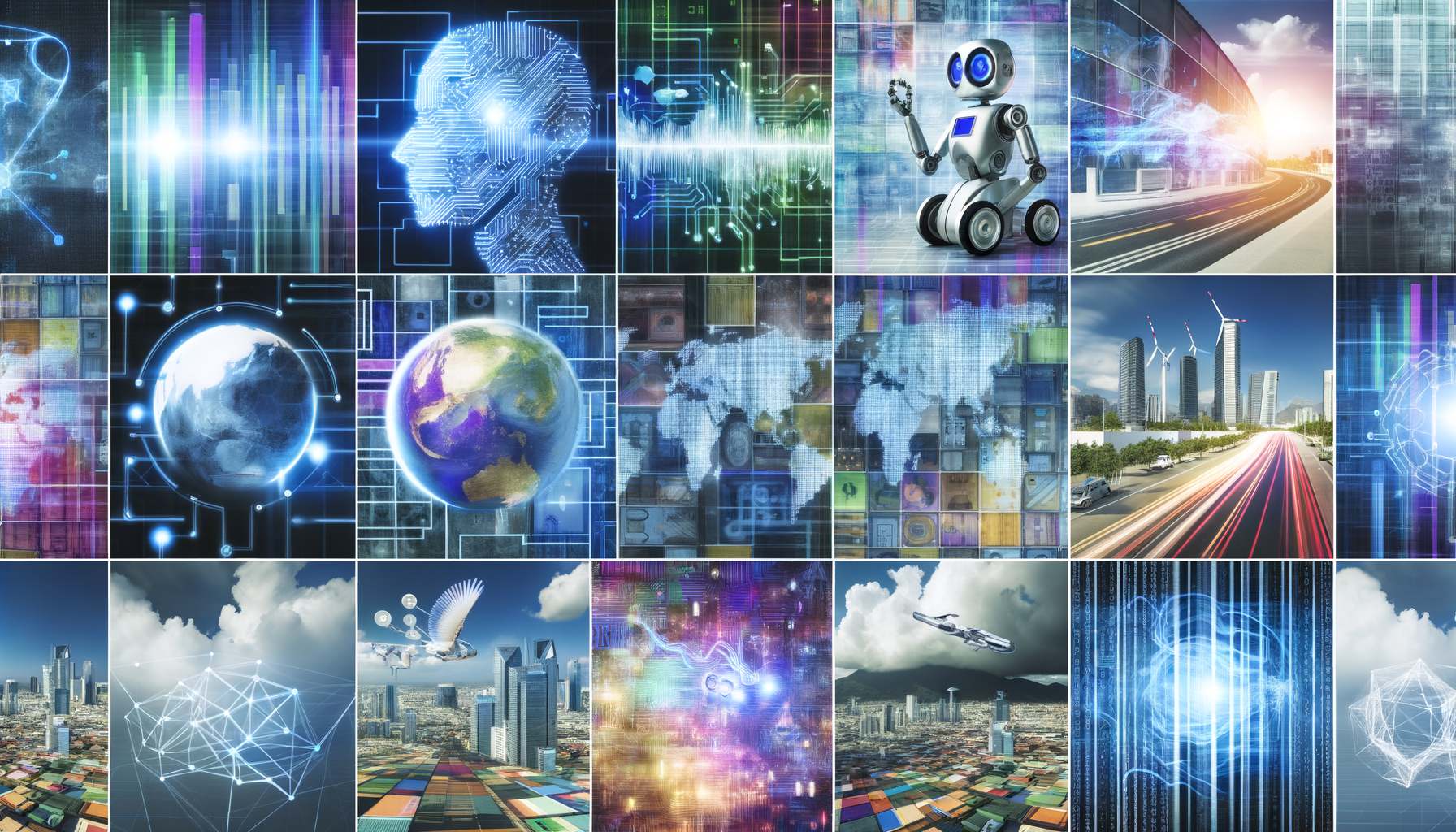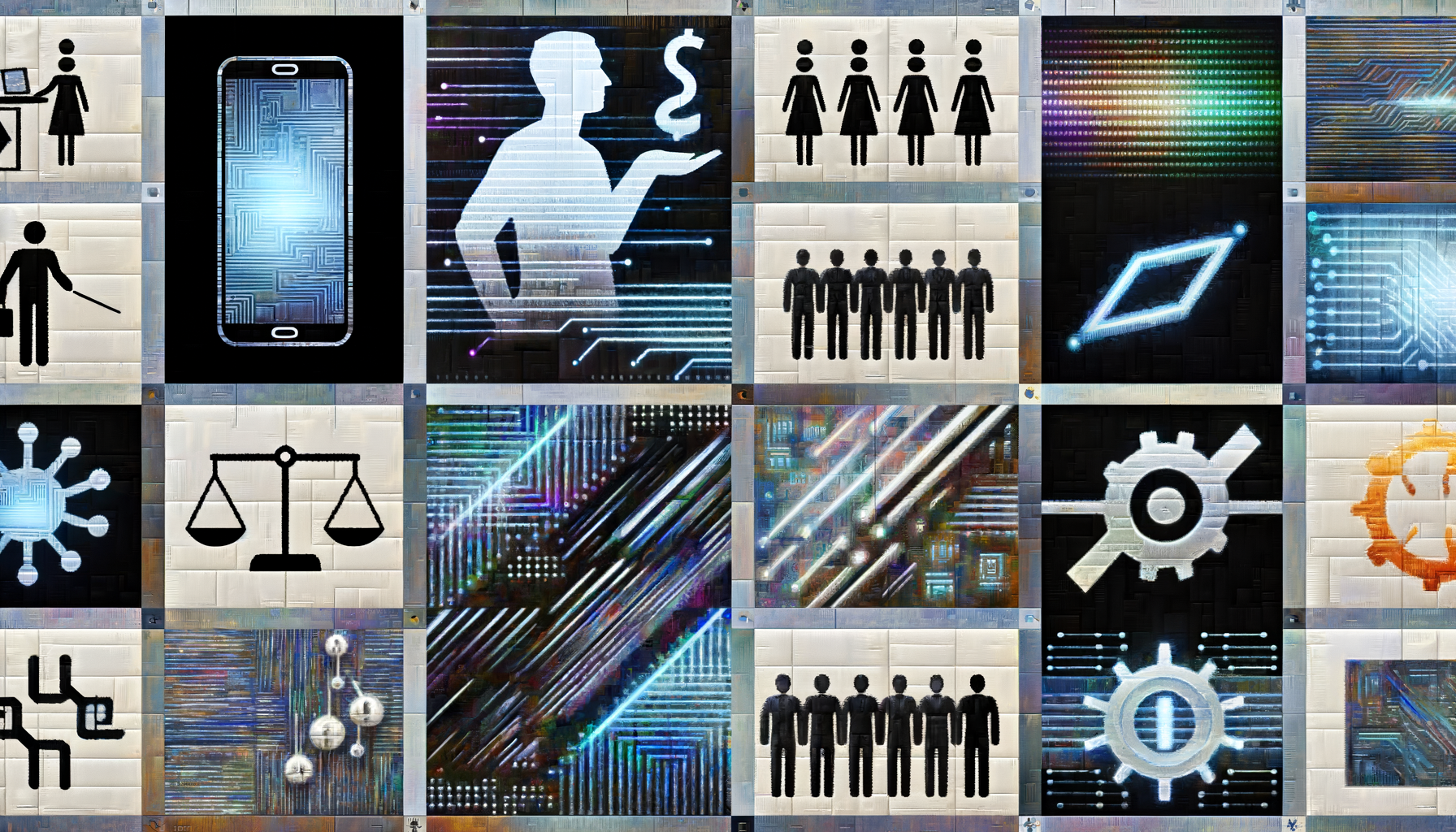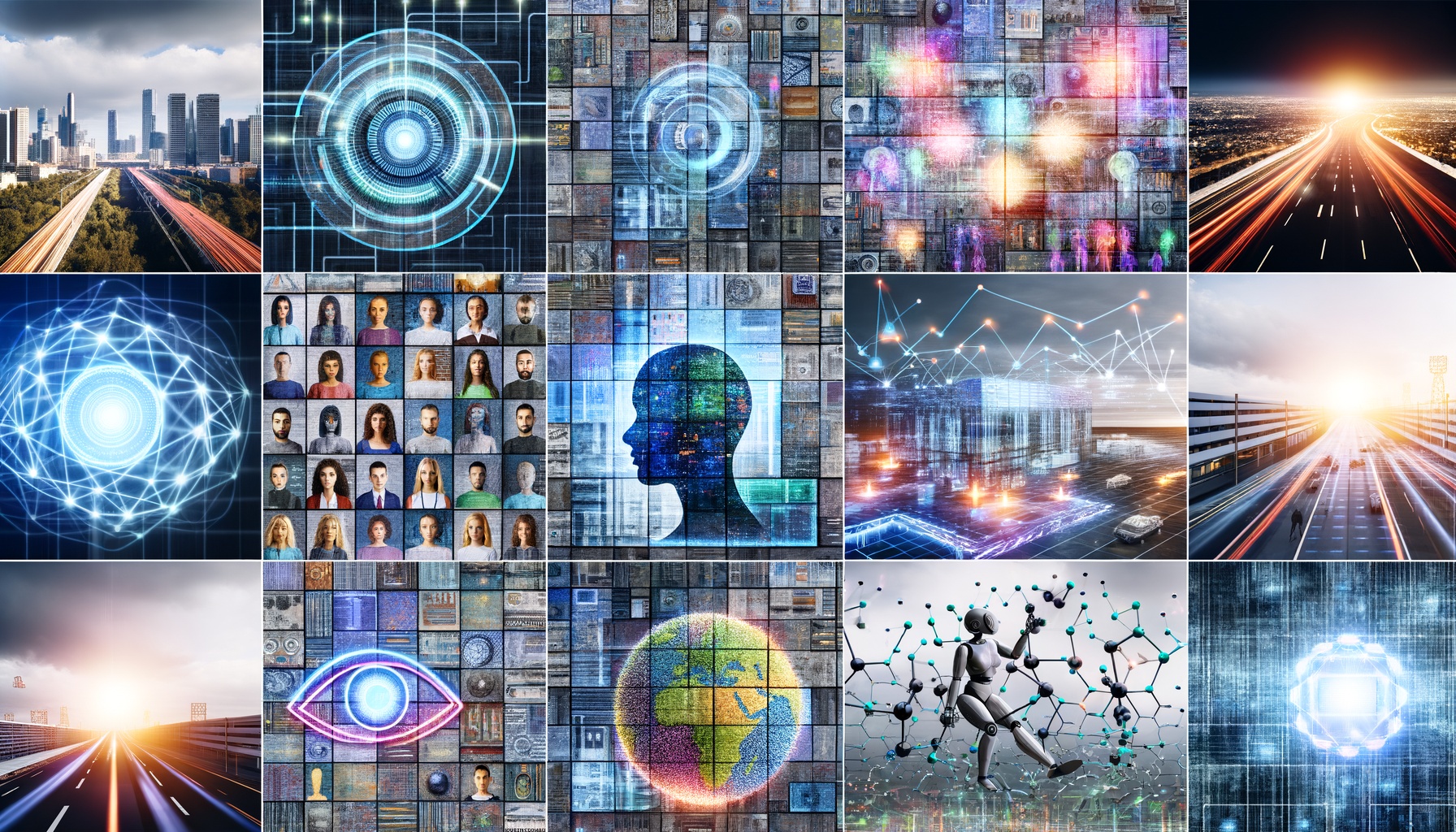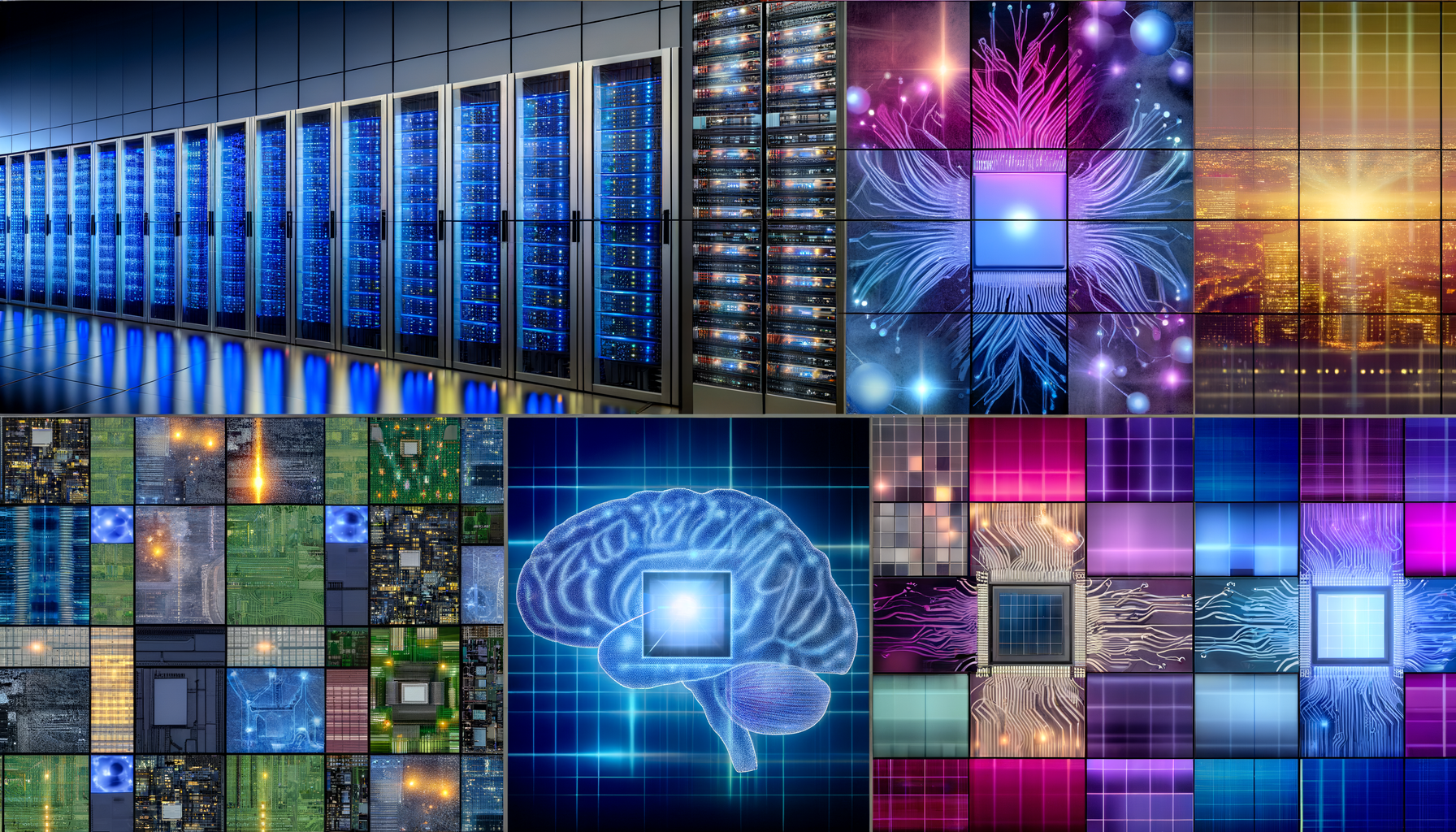Meta Targets Small Businesses with Generative AI Technology
Meta is aiming to extend its generative AI capabilities to “hundreds of millions” of small businesses, allowing for direct customer interaction. The company’s head of AI for Business outlined this strategic expansion to tap into a vast market of small enterprises.
Shield AI Raises $240 Million to Scale Hivemind Enterprise
Shield AI has secured $240 million at a $5.3 billion valuation to expand Hivemind Enterprise, its AI-powered autonomy developer platform. This significant funding round highlights the growing interest in AI-driven autonomy solutions across various industries.
Alibaba Unveils New AI Model Surpassing DeepSeek
Alibaba has launched a new artificial intelligence reasoning model that reportedly outperforms its rival DeepSeek. The announcement led to a surge in Alibaba’s stock price, indicating a positive market reaction to advancements in AI technology.
Google Introduces AI Mode for Future Search Experiences
Google has introduced a new AI Mode for its search engine, providing a glimpse into the future of search technology. While the AI aims to highlight real websites, there are concerns about how it might affect users’ direct visits to those sites.
Microsoft Invests in South Africa’s AI Infrastructure
Microsoft plans to invest an additional 5.4 billion rand ($296.81 million) by the end of 2027 to expand its cloud and artificial intelligence infrastructure in South Africa. This investment underscores Microsoft’s commitment to enhancing AI capabilities in emerging markets.










